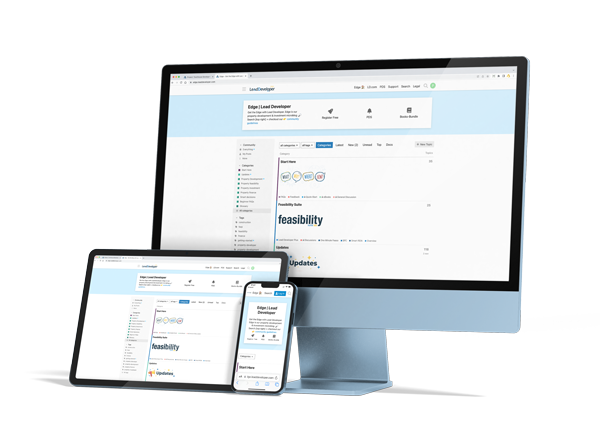Real Estate Accounting Checklist
- Set up a lever-arch folder for each property.
- Use a hole punch and large A4 envelopes for document organization.
- Develop a routine for quick filing (ten-second filing habits).
- Keep detailed receipts of all income and expenses.
- Store records for income tax and capital gains tax purposes.
- For multiple properties, use a two-character code to mark receipts.
- Keep a detailed vehicle logbook if using a vehicle for rental activities.
- Maintain a separate file for each rental property.
- Include an ownership file, maintenance file, and tenant file for each property.
- Keep all important documents, like contracts, loan documents, and insurance policies.
- Retain former tenant files and maintenance records for future reference.
- Use a shoebox-and-envelope system for current year tax-related documents.
- Organize contents by income type and property receipts.
-
Offer tenants direct debit or EFT for rent payments.
-
Use online banking for tracking receipts and payments.
-
Provide receipts for tenant payments and keep track of expenses electronically.
-
Consult a professional accountant for complex properties or large portfolios.
-
You are missing out if you haven’t yet subscribed to our YouTube channel.
- Deduct operating expenses from rental income.
- Understand the difference between operating expenses and capital items.
- Keep records of capital items for depreciation purposes.
- Accurately record and lodge tenant security bonds.
- Create an annual budget for each property.
- Set aside a reserve fund for emergencies and unexpected expenses.
- Plan for major capital improvements over time.
- For a single property, manage accounts manually with a notebook.
- For multiple properties, consider spreadsheet or accounting software.
- Regularly review and analyze financial reports for better management.
- Keep income tax-related records for a minimum of five years.
- Retain records related to CGT for the duration of ownership and five years post-sale.
- Maintain certain records indefinitely for potential legal disputes.
Make It Real


